An Afternoon with Yok Don's Elephant Guardians
Moving deftly between jungle vines and massive, fallen trees, a young Vietnamese man hacks his way through the brush with his trusty machete. Without breaking a sweat, he continues through the thicket with familiar ease.
Something large rustles behind him, following his freshly-cut path. The treetops shake and several branches snap as a wheezing American catches up to the young outdoorsman.
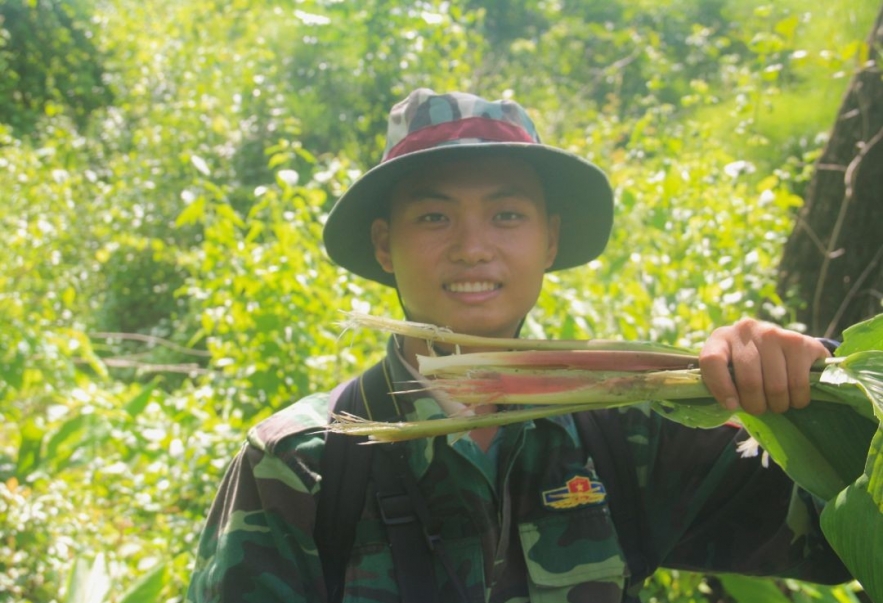 |
| Ranger Sg A'Sử, showing me the roots favored by Yok Don's elephants. Photo by Glen MacDonald |
"Where are these elephants anyways?" I asked, drops of sweat stinging my eyes.
"Just a bit further," says Sg A'Sử, my forest guide. Although he is a few years younger than me, his zoology degree and trekking expertise make him a far more capable leader as we venture through Yok Don National Park. Located in Dak Lak province, this region of lowland forests borders Cambodia's Sre Pok Wildlife Sanctuary, making it one of the largest conservation areas in Southeast Asia. As it still retains its unspoiled, primeval nature, Yok Don National Park has become a wonderful home to several rescued elephants.
Since I was a child, I have always wanted to see an elephant up close. However, after visiting Thailand, where elephant tourism is heavily advertised, I realized the true horrors of this dream. Elephants involved in tourism in Southeast Asia are rarely treated well. Driving past elephant farms in Phuket and Chiang Mai, it was easy to see the telltale signs of animal abuse: scarring from whips and chains, swaying heads due to lack of stimulation, and an apathetic, thousand-yard stare of a broken creature.
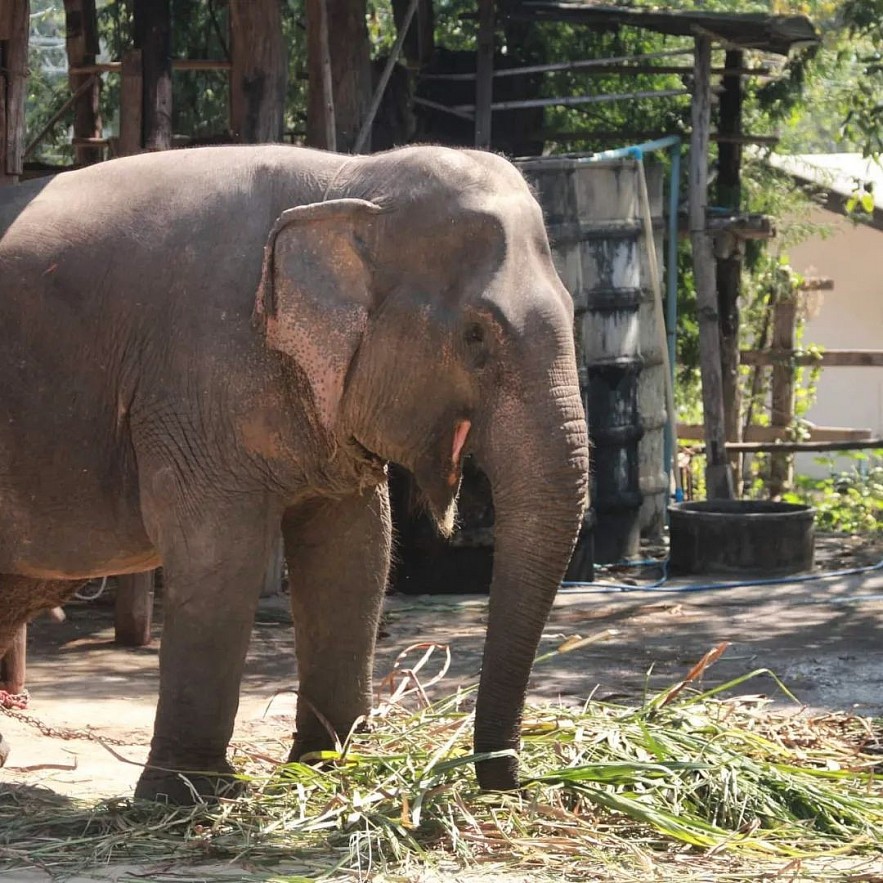 |
| A chained elephant near Chiang Mai, Thailand. Photo by Glen MacDonald. |
Unlike other elephant tourist sites, Yok Don National Park is an actual sanctuary, providing the elephants with plenty of food and space to roam. Living on an island in the Serepok River, the elephants can often be found either inland enjoying the lush vegetation and mud pits or bathing riverside in the gentle currents.
The elephants are never made to perform or give rides to tourists. Instead, the tourism model featured around the Yok Don National Park centers around the elephants' freedom, allowing one to witness elephants in an intimate and ethical way.
As we trek through the jungle, Sg A'Sử demonstrates his knowledge of nature by pointing out tracks of wild pigs, a busy ant colony, and chewed roots – remnants of an elephant's late-night snack. We keep walking until we come across a thin man, leaning on a walking stick. He wears a baseball cap and a machete on his hip. This is one of the Yok Don Elephant Guardians.
Sg A'Sử and the Elephant Guardian exchange a few words, speaking softly as not to spook the elephants. The precious pachyderms must be near.
The Yok Don National Park hired Dak Lak locals to protect the elephants from poachers. The men spend their days following the elephants and reporting on their wellbeing. From the sounds of rustling tree branches, I could already tell the elephants are well-fed.
"Look!" says Sg A'Sử, his voice barely above a whisper. "It's up ahead."
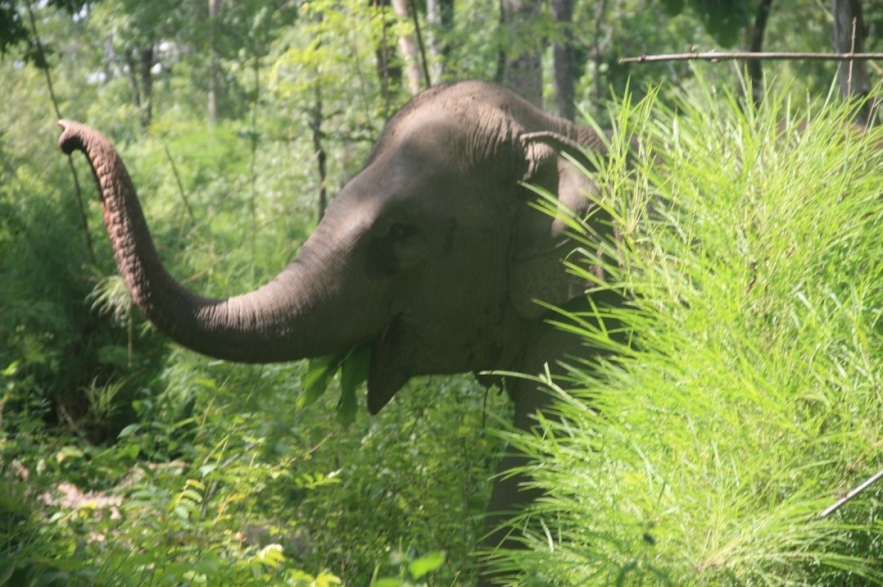 |
| My first wild elephant sighting. Photo by Glen MacDonald. |
The first thing I see is a large trunk hovering over the green bushes, like a periscope to a giant submarine. Then, a large head appears alongside two flapping ears. Before me stood a semi-wild elephant, and it greeted me with a small snort from its long nose.
As a large animal, the Asian elephant spends most of its days seeking food and ways to cool off from the jungle heat. The mud pits are a perfect oasis for the creatures. The elephants consume the loose soil, as it contains important minerals to supplement their hefty diet. Additionally, by flinging mud on themselves, they can regulate their body temperature.
We come across a few other Elephant Guardians watching over another elephant. All of the Elephant Guardians are soft-spoken middle-aged men. They greet me with a silent smile and continue to diligently watch the elephants. Any time I get too close to the elephants, they gently remind me to step back and give them space.
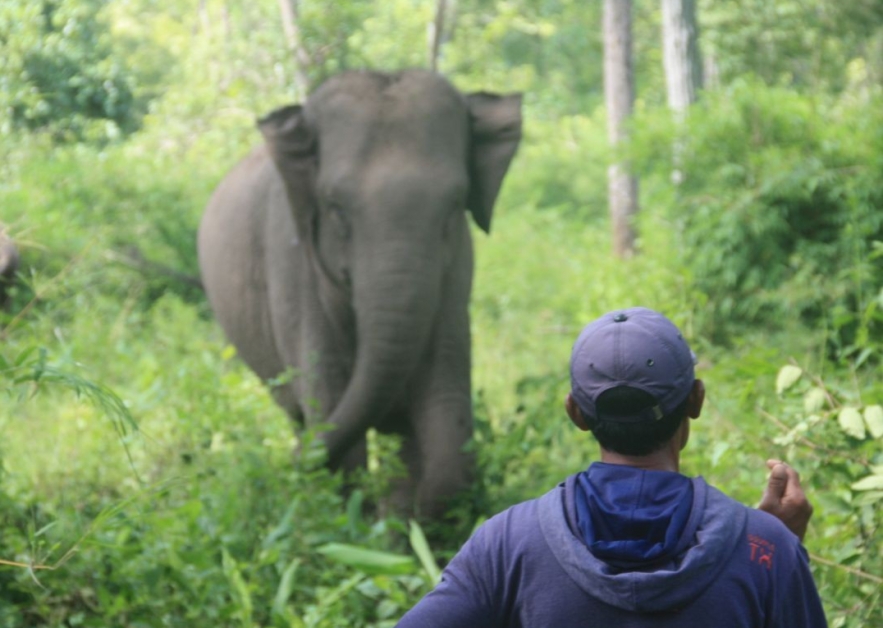 |
| Under the watchful eyes of the Elephant Guardians. Photo by Glen MacDonald. |
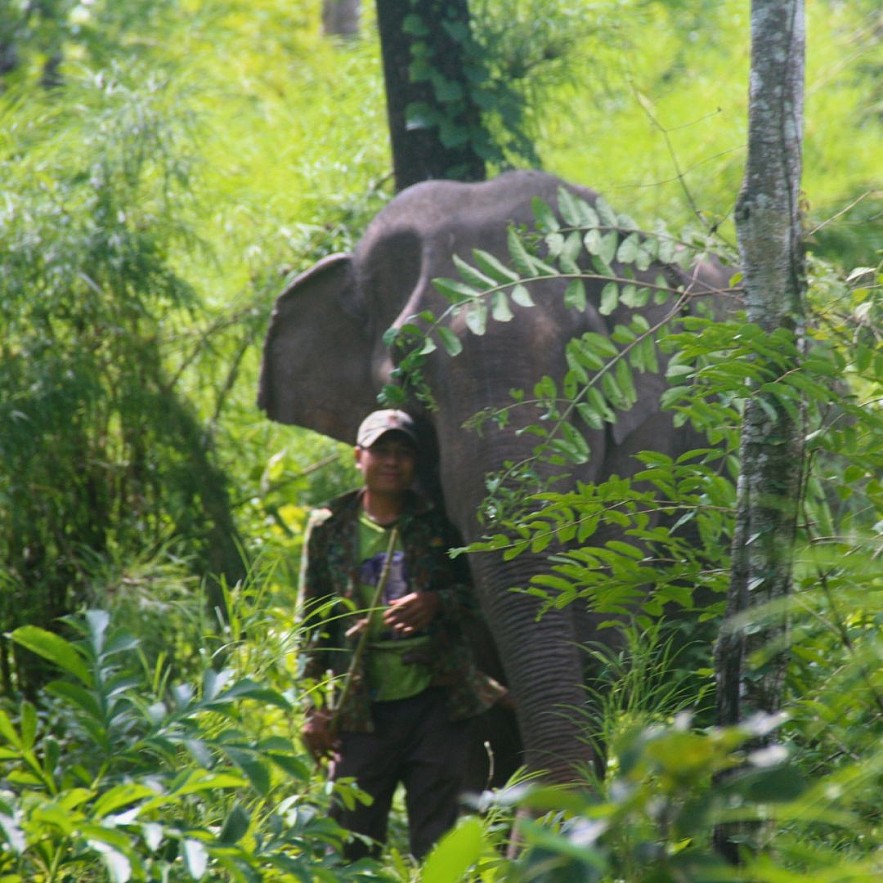 |
| Friendly protectors. Photo by Glen MacDonald. |
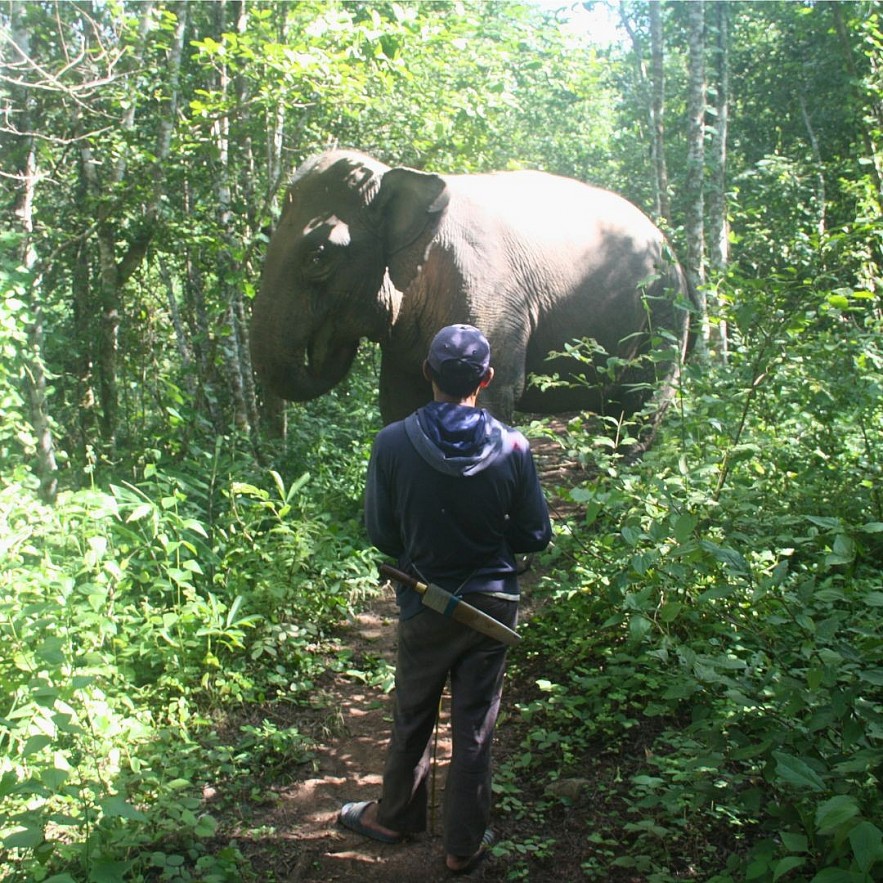 |
| Enjoying the beauty of nature. Photo by Glen MacDonald. |
Sg A'Sử, the Elephant Guardians, and I spent the next few hours simply walking with the elephants near the mud pits. My guide and the Guardians navigate the muddy terrain with ease. However, I move like the elephants – barreling through the vegetation and stomping through the dirt.
At one point, a Guardian reaches out his hand so I can join him on an elevated forest path surrounding the mud pits. A minute later, an elephant follows me up the small hill, almost tackling a tree in the process. Unlike the elephants in Thai tourist attractions, these animals move freely and confidently. One of the elephants grows curious of my large camera and sticks out its trunk to further inspect it.
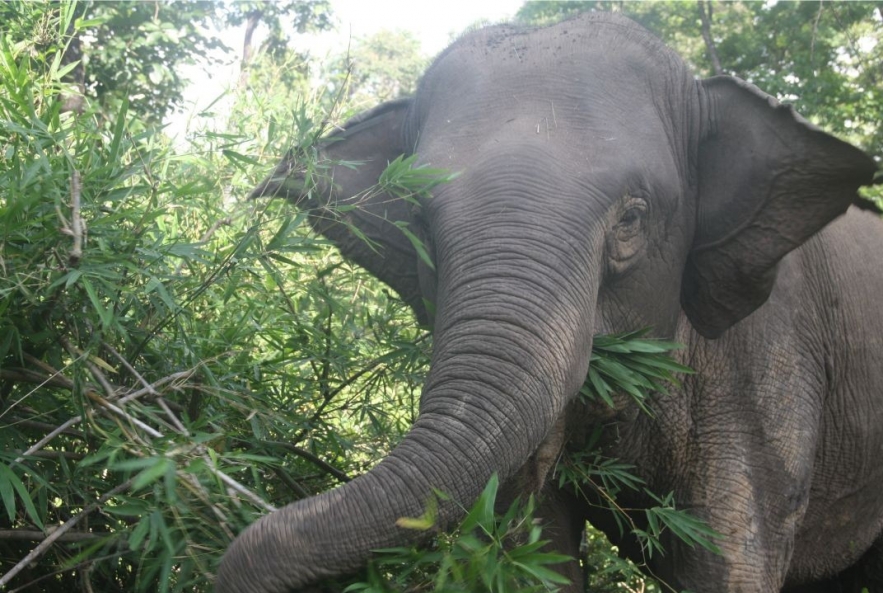 |
| So close to a giant of the animal kingdom. Photo by Glen MacDonald. |
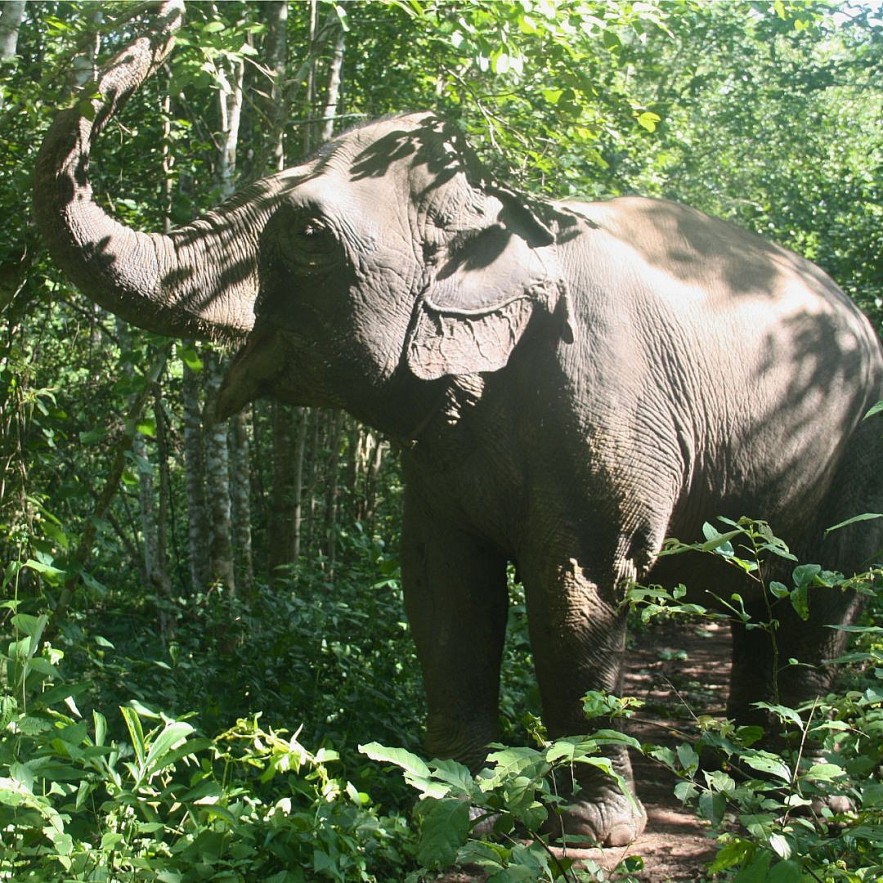 |
| Trumpeting in the jungle. Photo by Glen MacDonald. |
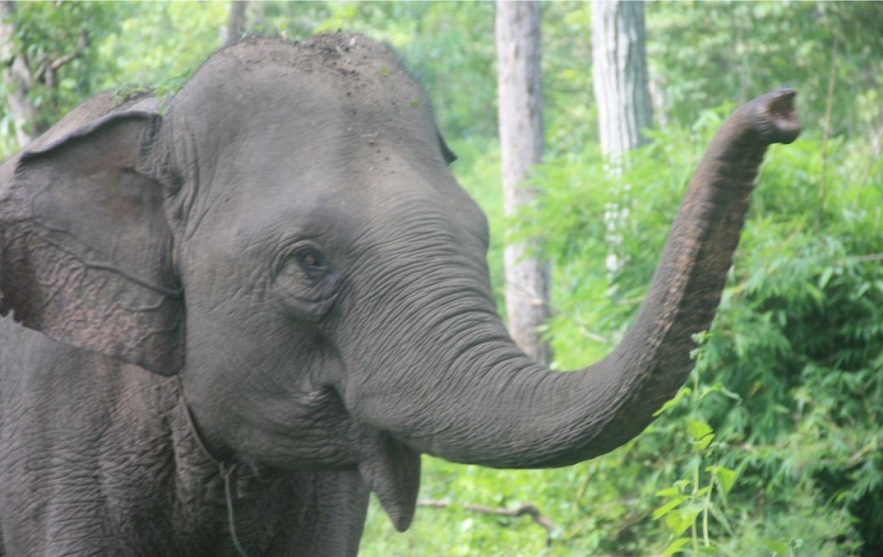 |
| A cute friend with a long nose. Photo by Glen MacDOnald. |
After taking a few more pictures, Sg A'Sử and I said farewell to the elephants and their dedicated Guardians. Once we are far enough away, I let out a delirious laugh of amazement. How close I'd been!
I ask Sg A'Sử what is the future for these elephants.
“The elephants can live for more than half a century. Despite their size, these elephants are still quite young. They will enjoy the island until their teeth wear out and they pass away from natural causes, likely in their 70s or 80s. Until then, the Elephant Guardians and I will protect them.”
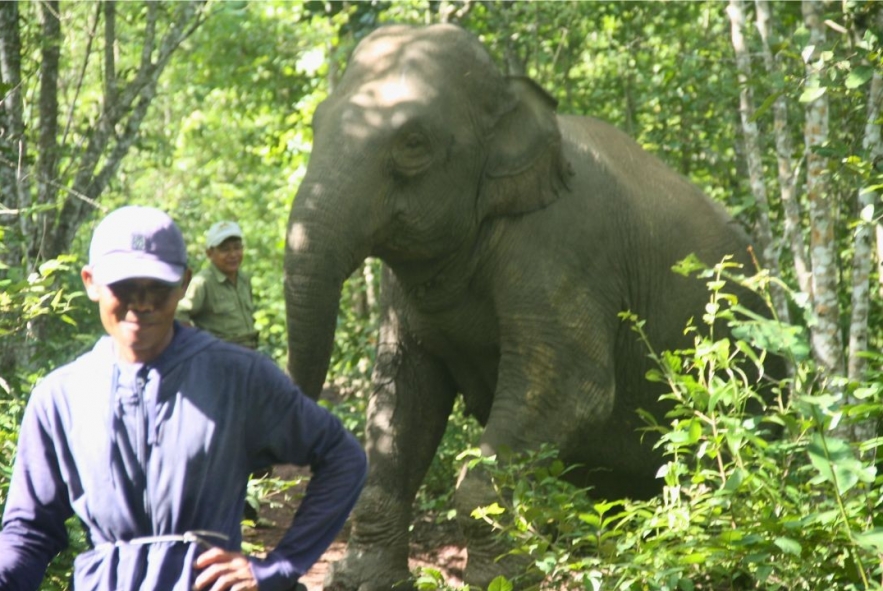 |
| Walking with giants. Photo by Glen MacDonald. |
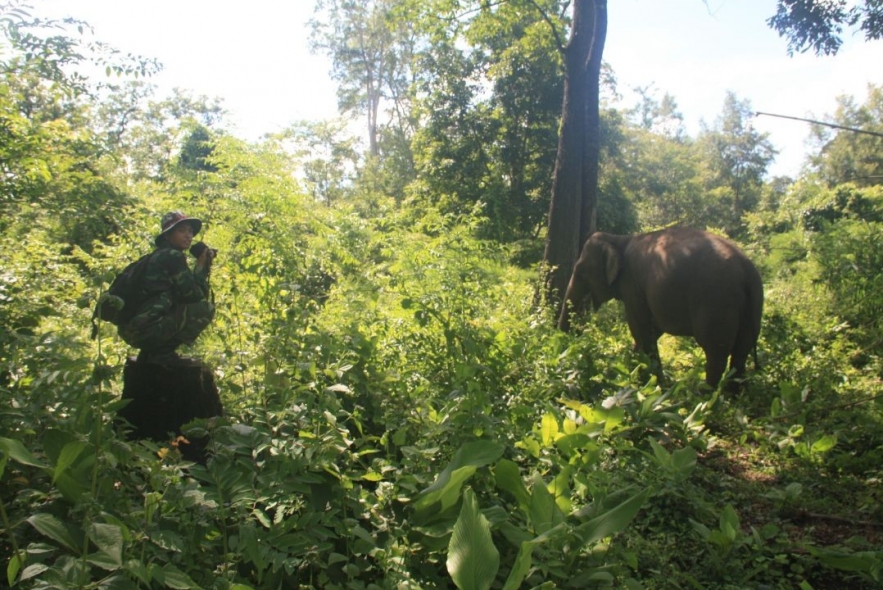 |
| Sg A'Sử photographing the elephants. Photo by Glen MacDonald. |
I remain extremely impressed with Yok Don National Park and its staff. The focus on conservation and animal rights is a rarity in Southeast Asia making the work of the Elephant Guardians all the more important. The dedication of Yok Don National Park and its staff sets a vital example for ethical wildlife tourism across the region. As Vietnam's tourism industry recovers, other parks should follow their lead and allow the public to witness the animal kingdom's majesty with respect and care.
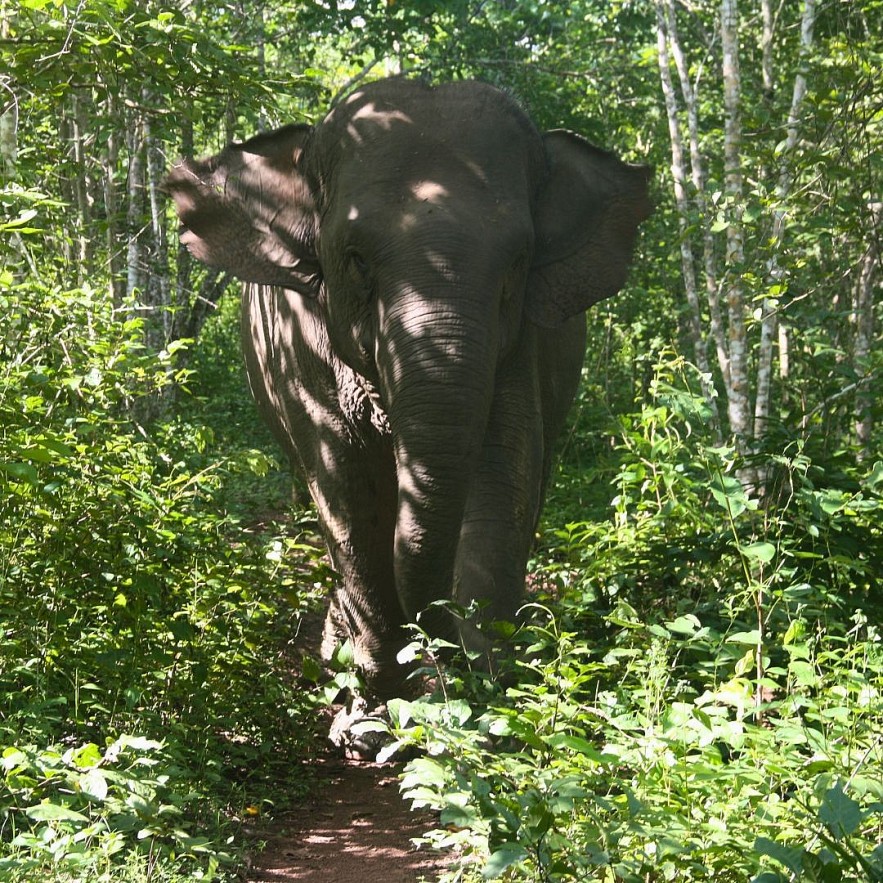 |
| The true king of the jungle. Photo by Glen MacDonald |
| The Yok Don National Park was established in 1991. Since its opening, the site has become home to six adult elephants, rescued from nearby farms and tourism spots. To see these elephants up close, visitors can purchase a half-day excursion tour for 800,000VND or a full-day excursion for 1,400,000VND (including lunch). In addition to seeing elephants, visitors also have the opportunity for fishing, birdwatching, and boating tours. Accommodation is also available. Rooms cost 350,000VND, while tents cost only 150,000VND. If you are feeling super adventerous, hammocks are available for 50,000VND. Most tourists get to Yok Don National Park from the nearest city, Buon Ma Thuot. Buses to the park leave every 30 minutes and costs around 22,000VND. Taxis are also available for a higher price. Ho Chi Minh City residents can also visit the park by taking sleeper buses from the Mien Dong Bus Station. |
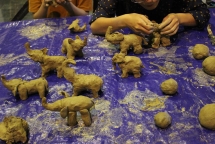 | Clay workshop to raise awareness on Vietnam elephants A clay and sculpture entitled workshop “Make an Elephant – Save an Elephant”, created and organized by Bulgarian ... |
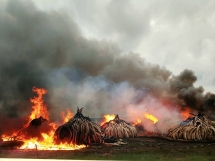 | “Say No to Ivory” campaign launched to protect elephants The “Say No to Ivory” campaign was launched in Ho Chi Minh City on August 30th with a view to raising public awareness of elephant... |
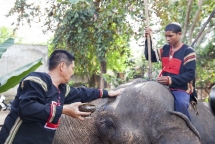 | Herbalist saves elephants in Central Highland We visited the doctor as he was about to leave for a trip to Cambodia to treat an elephant. “I have only 30 minutes. I'm... |
Recommended
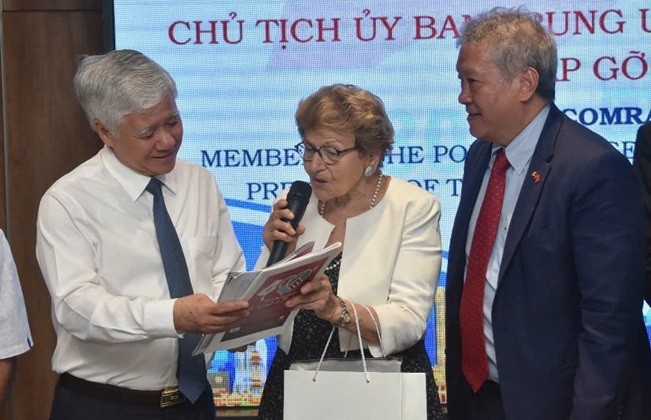 Friendship
Friendship
Vietnam Deeply Values and Remains Grateful for Unwavering Support from Intl Friends
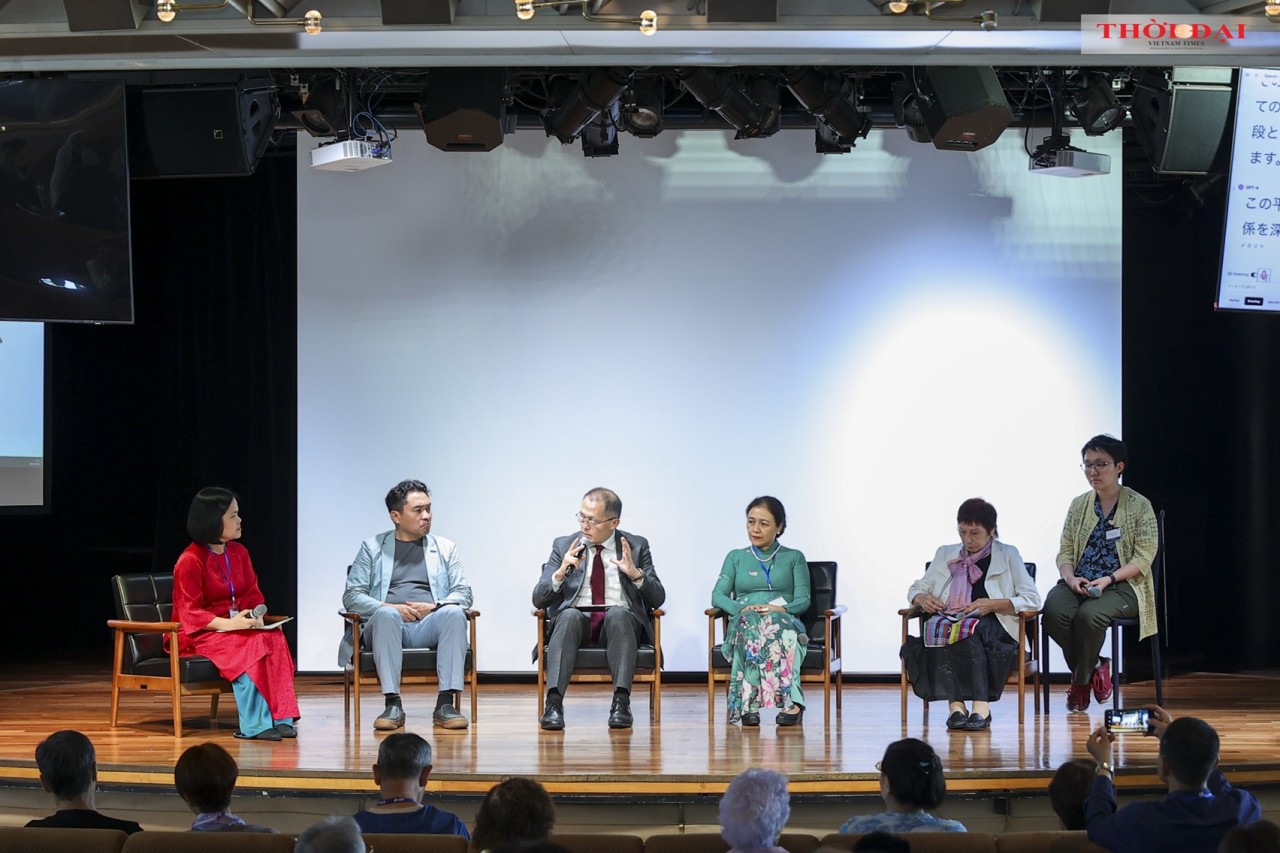 Focus
Focus
Global Community Join Hands to Write the Next Chapter of Peace
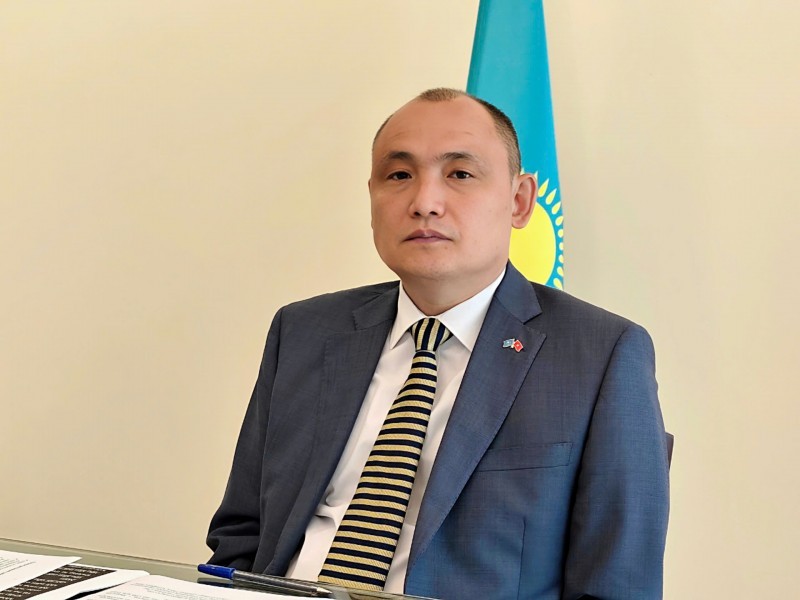 Focus
Focus
Vietnam will Earn Achievements in the Renovation Process
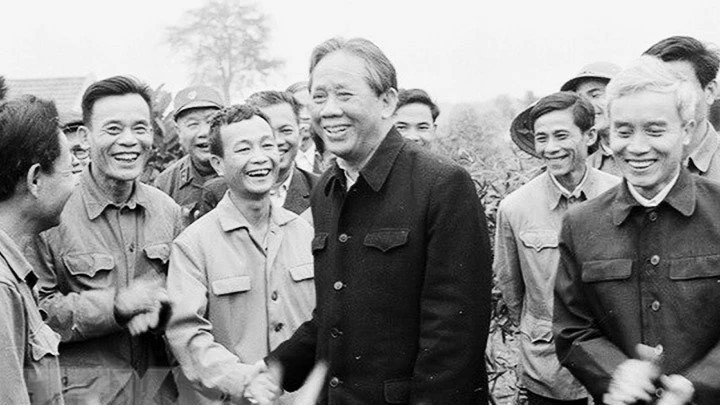 Focus
Focus
Letters That Carried Nation’s Destiny
Popular article
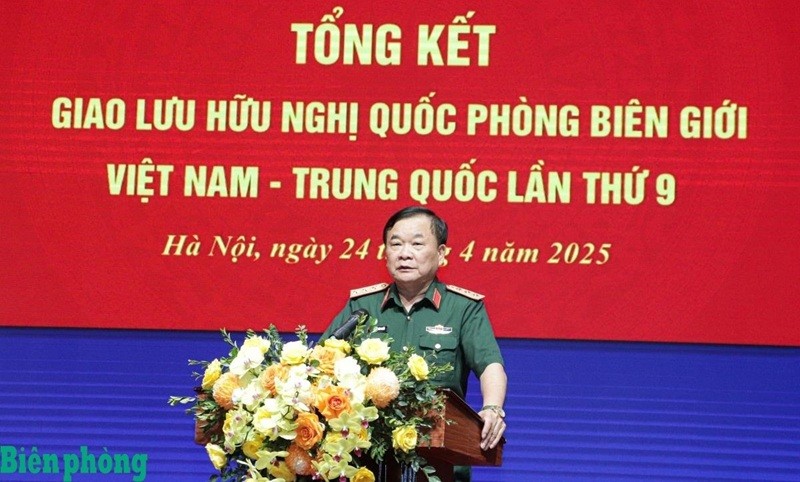 Focus
Focus
9th Vietnam-China Border Defense Exchange: Realizing High-level Common Perceptions
 Focus
Focus
Vietnam and China Front Organizations Join Forces to Enhance Bilateral Ties
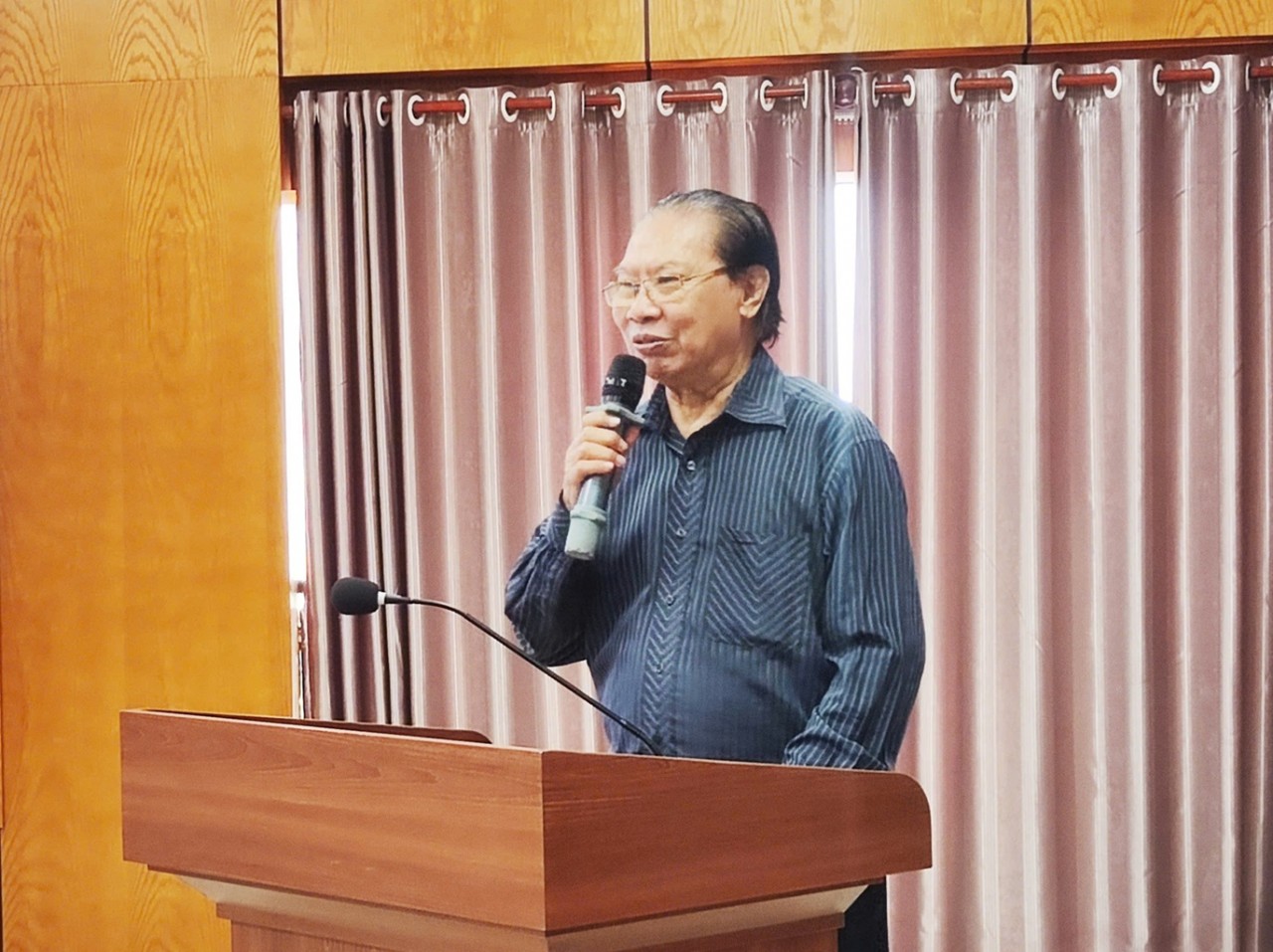 Focus
Focus
Vietnam Esperanto Association Promotes Training to Develop Movement
 Focus
Focus



